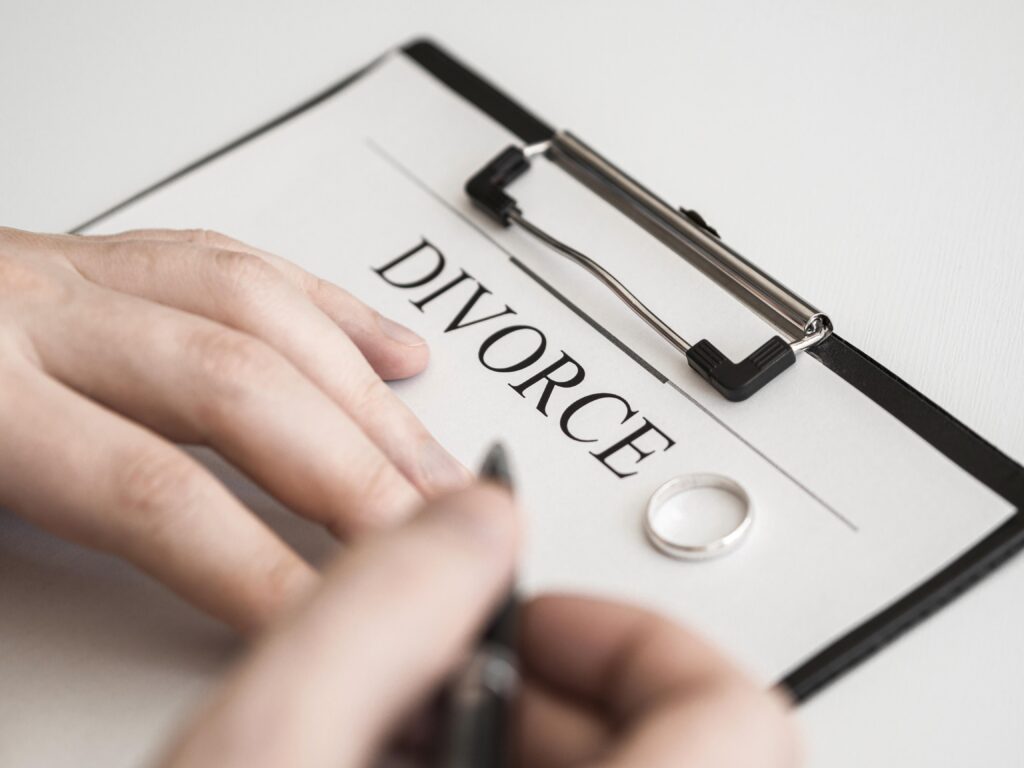Now Reading: What is A Hardship License?
-
01
What is A Hardship License?
What is A Hardship License?
If you have been convicted of Operating Under the Influence in Massachusetts, you will have your licenses supended for a period of time that corresponds to a variety of factors, such as your history of OUI convictions, whether or not you submitted to a breathalyzer test, and more. Having your license suspended, along with all of the other penalties that you will be subjected to after a conviction, can cause serious problems in your life, both personally and professionally.
In order to consider someone’s situation on a case-by-case basis, Massachusetts sometimes offers an option known as a “hardship license,” which is a restricted drivers license that allows people to use a car in order to avoid certain hardships that they would suffer were they not able to drive. There are many different requirements that must be met in order for someone to qualify for this type of license, which, much like the length of the suspension, also corresponds to a variety of factors. Keep in mind that this option is not a guarantee, and your best chance at being approved for this type of license is with the help of a professional like Attorney Brian E. Simoneau. OUI lawyers understand the nuances of these issues and give their clients the best chance of a successful outcome.
Read more below about some of the specifics about hardship licenses.
Am I Eligible For a Hardship License?
If you need a car in order to get to and from work, school, or if you have regular medical appointments, the RMV may consider your situation and determine that you require a limited license in order to get to and from your appointments. There are no circumstances beyond these that will be considered as hardships, so it is important that you make your case clear before applying for one.
When To Apply For a Hardship License
As mentioned above, there are a lot of different factors that go into whether you are able to apply for a hardship license or not, and if you are, how long after your initial suspension you will be able to get it. Take a look at some of the general guidelines for when you can apply for one.
- First offenders who are over the age of 21 and are convicted of OUI may be able to apply for a hardship license after 3 months. If they were not convicted, and instead reached a plea deal or alternative disposition, they may be able to apply for a hardship license immediately.
- Second offenders over the age of 21 and are convicted of OUI may be able to apply for a hardship license after one year.
- A third OUI conviction comes with an 8-year license suspension, and the person will not be able to apply for a hardship license until they have served two years of this suspension.
- A fourth OUI conviction comes with a 10-year license suspension, and a hardship license will not be an option until the person has served five years of this 10-year suspension.
- A fifth OUI comes with a permanent license suspension, with no option for a hardship license at any time.
In addition to the amount of time that a person must complete of their suspension before being eligible to apply for a hardship license, they will also be required to install an Interlock Ignition Device for the entire time that they are operating with the hardship license, and likely once they get their full license reinstated as well. A second, third, or fourth OUI requires that an IID be installed in the vehicle for 2 years after the full license is returned, but any time that the person has an IID during their hardship license does not count towards this two-year requirement.









